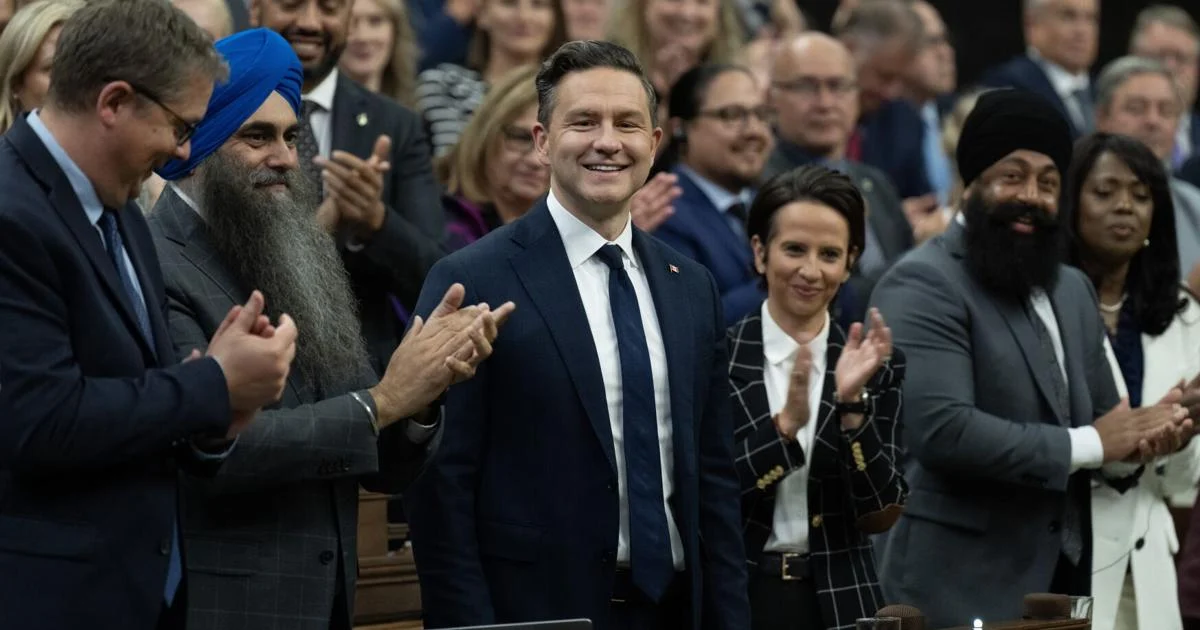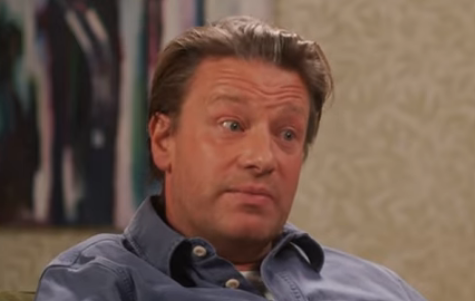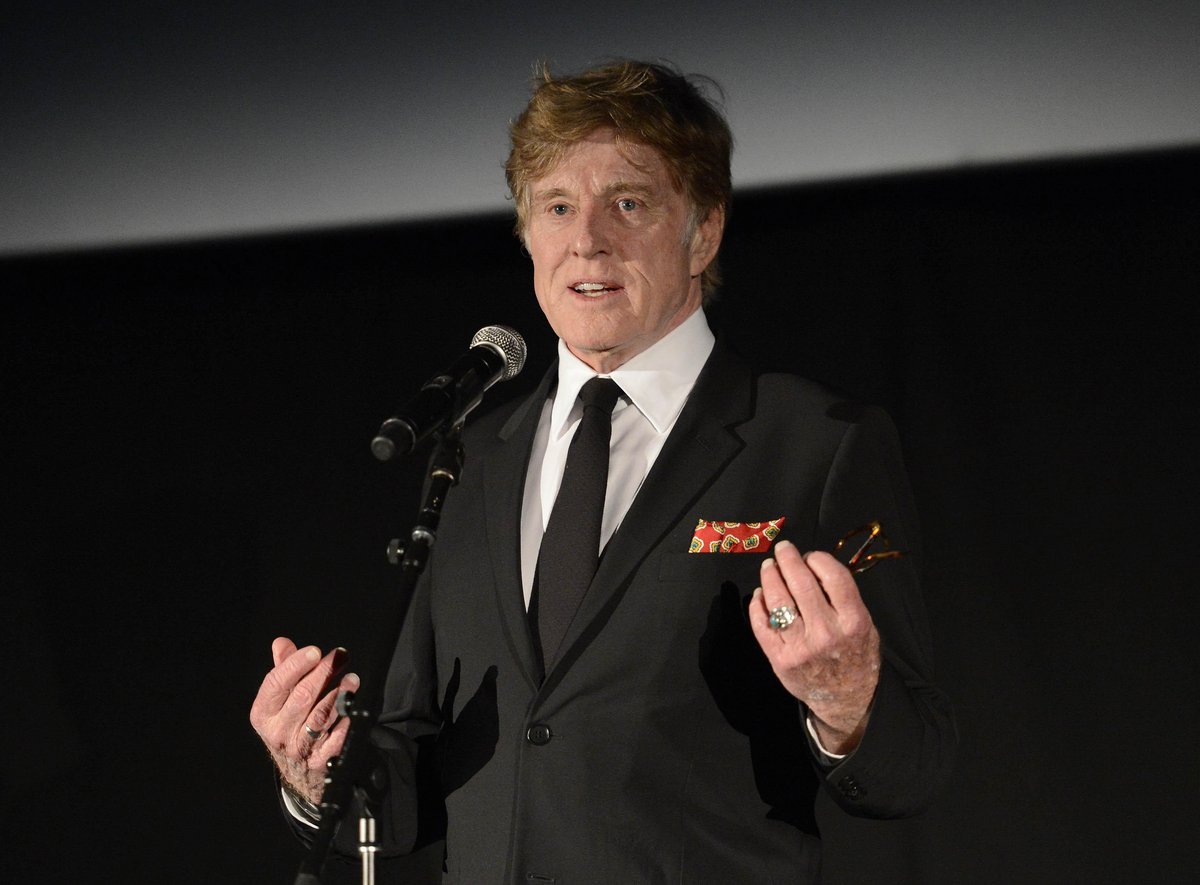By Éric Blais
Copyright thestar

In the world of business and entertainment, the phrase “back by popular demand” carries a certain magic: it suggests something was missed; the audience longed for its return; and that its absence left a void only it could fill.
Think of a beloved Broadway show that ended its run too soon, leaving fans clamouring until it finally returned to the stage. Or maybe a product that got discontinued and then brought back after customers practically begged for it.
In politics, though, the dynamics are a bit different. And that brings us to the curious case of Conservative Leader Pierre Poilievre, who has returned to the House of Commons after a short period of reflection and winning a safe seat in Alberta. The question isn’t whether he’s back; he certainly is, but whether anyone was really waiting for an encore.
When something is truly back by popular demand, it’s because it left a hole in people’s hearts. There’s a sense of disappointment when it goes away and a genuine sense of excitement when it returns. But in the case of Poilievre, the “run” didn’t end because he was at the height of popularity and then pulled off the stage to the dismay of fans. It ended because he lost his seat and the support that once put his party ahead evaporated.
So here he is again, seemingly playing nice on the first day back, but largely unchanged, stepping back into the limelight without the kind of buildup that a real “popular demand” moment would require. It’s a bit like a studio deciding to remake a movie that nobody was really asking for, simply because it was once a hit. It might feel like a safe bet, but it doesn’t guarantee the audience is going to show up with the same enthusiasm.
Poilievre certainly has a loyal base and there’s a market for what he offers. It’s not that he doesn’t have fans. It’s that the broader electorate wasn’t left waiting at the door. If anything, his return unchanged may simply remind people that they didn’t miss him all that much.
His team hasn’t signalled any reinvention. They appear to be sticking with the same sloganeering and strategies (including using Trumpian language to talk about crime “raging out of control” in “war zones” to pitch his “Jail Not Bail Act”), convinced that the last election outcome was simply a matter of timing.
As campaign chief strategist Jenni Byrne put it on a recent podcast, the loss was circumstantial, not the result of attacking the Liberals and NDP so aggressively that one leader resigned, replaced by a trusted economist and the other’s supporters fled to the Liberals.
Her post-mortem takeaway? No campaign is perfect, but there’s little she would change. Apart from paying more attention to the leader’s own riding. Why revise the playbook when you’re certain that, next time, you’ll finally “Bring It Home?”
But the Liberals should pay close attention to the sequel’s reception. Sometimes sequels do get a second look when the new release doesn’t deliver. If the new star, Mark Carney, fails to meet expectations, then audiences sometimes turn back to the familiar, even if they didn’t initially crave it. In that sense, Poilievre’s return might yet find its audience if the new act disappoints.
In the end, though, that’s a big if. Right now, Poilievre is back on stage without that broad groundswell of demand and it remains to be seen if the sequel becomes more appealing over time.
As Poilievre returns to his familiar combative style, he may simply remind Canadians why there wasn’t a groundswell of longing for his comeback. If anything, he might be confirming that there’s no fresh wave of enthusiasm for a career politician who’s been running for prime minister his entire adult life.
“Back by popular demand” only works if people were actually asking for your return. If they weren’t, it’s a hard sell for any encore, political or otherwise.



